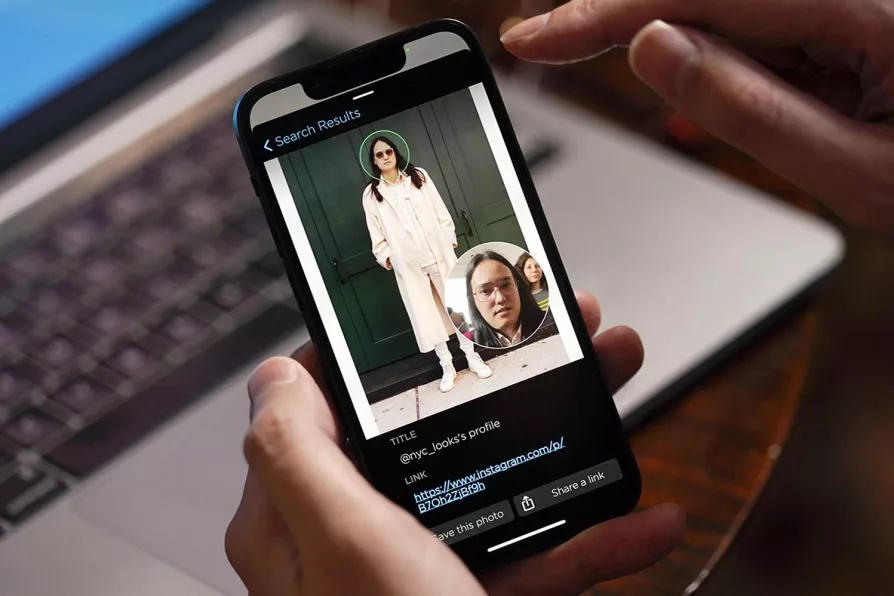Facial recognition company fined for creating ‘illegal database’ of billions of faces

 Hoan Ton-That, CEO of Clearview AI, demonstrates the company's facial recognition software using a photo of himself in New York on February 22, 2022
Hoan Ton-That, CEO of Clearview AI, demonstrates the company's facial recognition software using a photo of himself in New York on February 22, 2022
A DUTCH data protection watchdog has issued facial recognition tech Clearview AI with a €30.5 million (£25.7m) fine for creating an “illegal database” of billions of faces.
The New York-based start-up pulls photos from social media and elsewhere on the internet to create a database that it sells to businesses, individuals and government entities.
The Netherlands’ Data Protection Agency (DPA) said that Clearview “has not objected to this decision and is therefore unable to appeal against the fine.”
Similar stories

PAUL W FLEMING is unequivocal that Labour’s unpreparedness and resulting ambiguity on copyright in the creative industries has to be reined in with policies that will reverse the growing abuse by Big Tech AI













